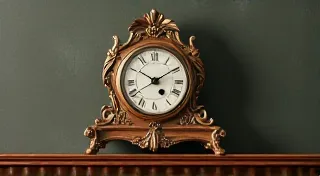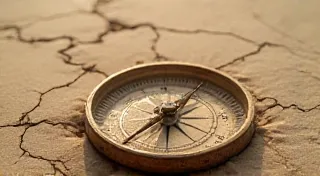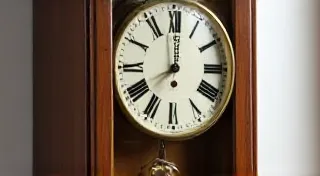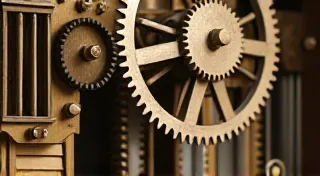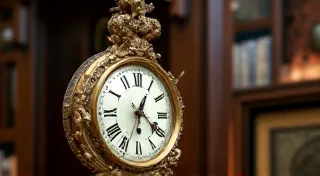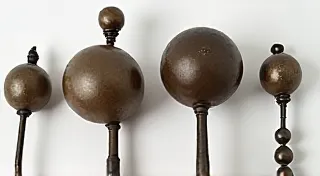The Value of Antique French Clocks: A Collector's Perspective
French antique clocks hold a unique and esteemed place in the world of collectible timepieces. Known for their exquisite craftsmanship, intricate movements, and often breathtaking ornamentation, these clocks are more than just timekeeping devices; they're pieces of art and history. Understanding their value requires a careful examination of several factors. This article explores the world of French antique clocks, from the popular carriage clocks to the impressive mantel clocks, providing insight into what drives their market value.
A Brief History of French Clocks
The history of French clockmaking is rich and complex, spanning centuries. From the 17th century onwards, France became a leading center for horological innovation and artistry. The reign of Louis XIV marked a golden age, with royal patronage fueling elaborate clock designs. The subsequent centuries saw the rise of different styles – Empire, Restoration, Louis Philippe – each leaving its distinct mark on clockmaking techniques and aesthetics. The industrial revolution brought about mass production, but the demand for high-quality, handcrafted French antique clocks persisted, especially amongst discerning collectors.
Keywords: antique clocks, history
Types of French Antique Clocks
French antique clocks encompass a wide range of styles. Here are some of the most sought-after types:
- Carriage Clocks (or Traveling Clocks): Popular in the 19th century, these were designed to be portable, often featuring striking mechanisms and intricate enamel dials. Their compact size and elegant design make them incredibly desirable.
- Mantel Clocks: These decorative clocks were placed on mantels or shelves. They typically showcase elaborate cases made of ormolu, bronze, or wood, adorned with intricate carvings and figures.
- Grandfather Clocks (or Longcase Clocks): While less common than carriage and mantel clocks, French grandfather clocks are highly prized for their grandeur and complexity.
- Comtoise Clocks: Originating in the Franche-Comté region, these clocks are characterized by their unique hanging design and rustic charm.
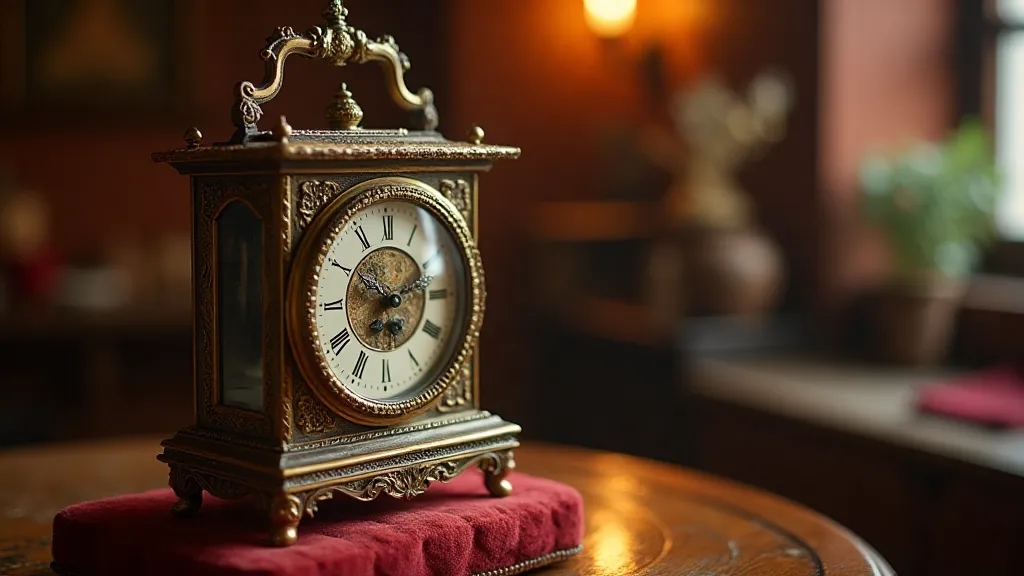
Factors Influencing Value
Determining the value of an antique French clock isn't straightforward. Numerous factors come into play:
- Maker: Renowned clockmakers like Gustave Breguet, Henri Jacot, and Vincent Charbonnier command higher prices for their creations. The presence of a maker's mark significantly increases value.
- Condition: As with any antique, condition is paramount. Clocks in original, working condition, with minimal restoration, are worth considerably more.
- Rarity: Unusual or limited-edition models are highly sought after by collectors and naturally fetch higher prices.
- Movement Quality: The complexity and quality of the clock’s movement are crucial. Movements with complications like calendars or automata increase value.
- Case Material & Ornamentation: Clocks with cases made of precious materials like ormolu or featuring elaborate carvings and figures are more valuable.
- Originality: Original parts, dials, and cases add to the clock’s authenticity and value. Replacement parts detract from the value.
Keywords: antique clocks, collectible clocks, timekeeping
Estimating Value: Where to Start
Assessing the value of a French antique clock can be tricky. Here's a simplified approach:
- Research the Maker: Identify the maker and research their reputation and the prices of their clocks at auction.
- Assess the Condition: Carefully evaluate the clock's condition, noting any damage or restoration.
- Compare to Auction Records: Check online auction databases (like LiveAuctioneers or Invaluable) to see prices realized for similar clocks.
- Consult with an Expert: Consider consulting with a qualified clock appraiser for a professional valuation.
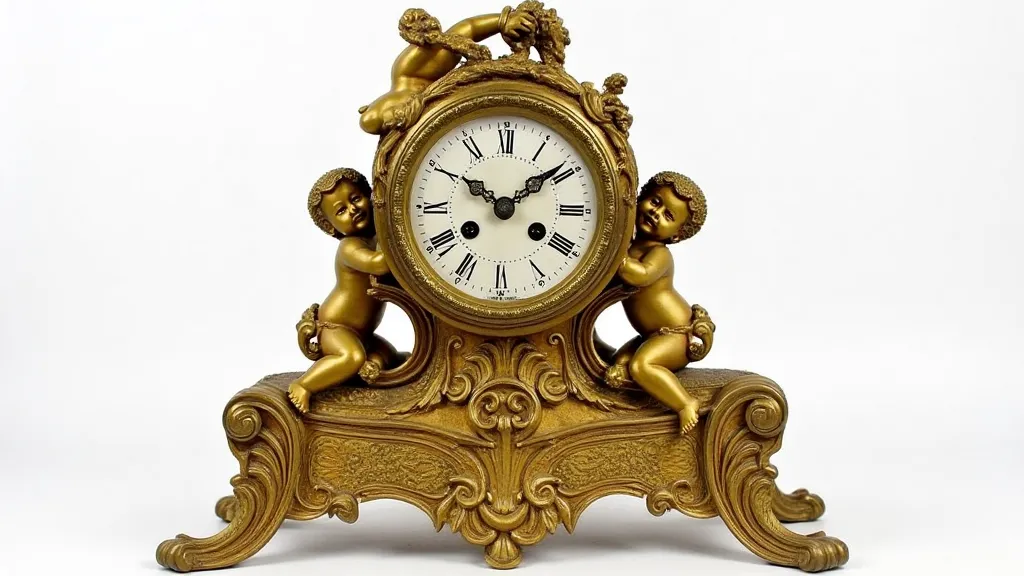
Caring for Your Antique French Clock
Proper care can help preserve the value and beauty of your French antique clock. Here are a few essential tips:
- Regular Servicing: Have the clock professionally serviced every 5-10 years.
- Gentle Cleaning: Clean the case with a soft cloth. Avoid harsh chemicals.
- Proper Storage: Store the clock in a stable environment, away from direct sunlight and extreme temperatures.
- Handle with Care: Avoid dropping or bumping the clock.
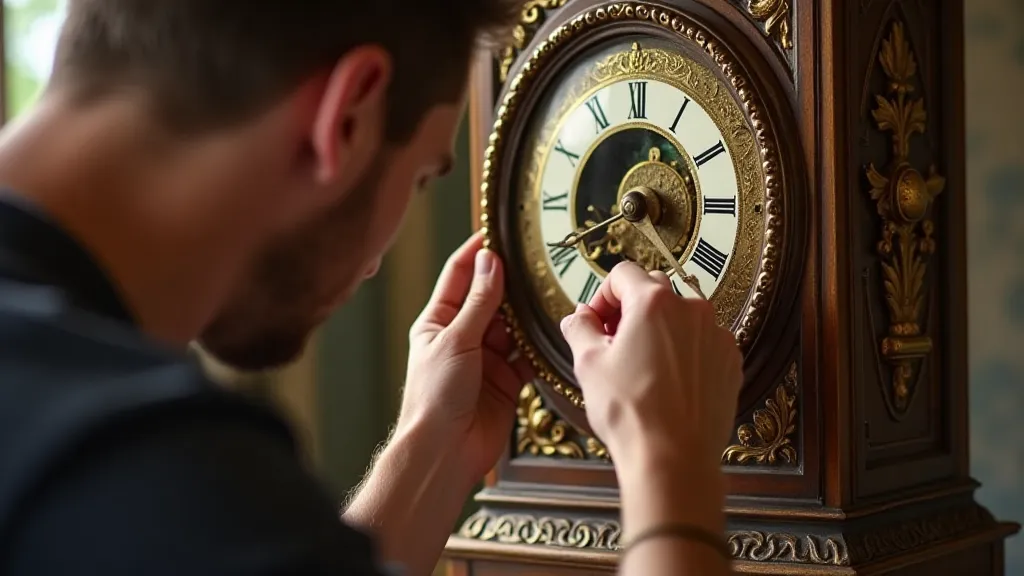
Keywords: antique clocks, collectible clocks
